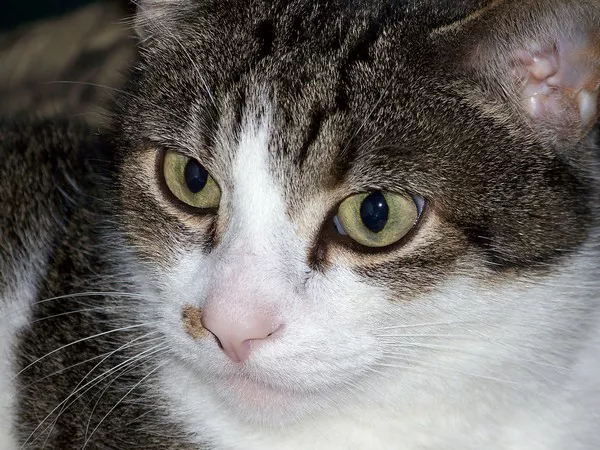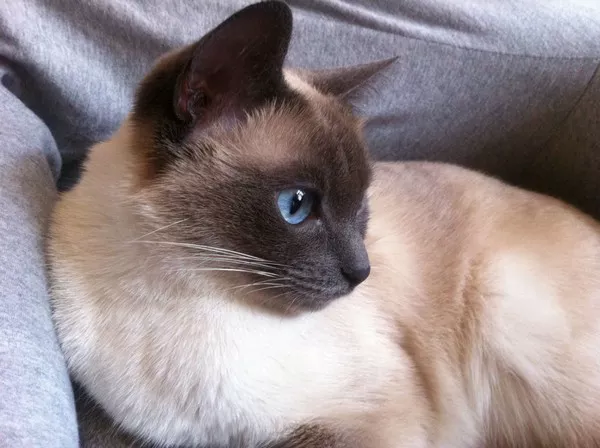Lahaina, Maui – In a disheartening turn of events, vandals wreaked havoc at the Maui Humane Society this week, unleashing cats that had been rescued from the recent Lahaina fires, plunging the already traumatized felines into further distress.
The incident saw the suspects break through a security fence before gaining access to the feline sanctuary, known as “cat pods.” It was within these enclosures that the most feral cats had found refuge, and now, the challenge looms to safely secure them once more.
For both the cats and the dedicated individuals caring for them, this incident represents a significant setback. It’s a heart-wrenching blow, leaving owners of missing pets anxious to know the fate of their furry companions.
The Maui Humane Society swiftly reported the incident to local law enforcement, initiating an investigation into the criminal acts. Cat rescue activist, Sarah Haynes, who collaborates closely with MHS, has called for accountability, hoping that the perpetrators will face charges. Haynes asserts that such destructive behavior cannot be tolerated.
“These animals have endured immense suffering,” said Sarah Haynes, founder of Kitty Charm Farm. “Many of them are beloved pets separated from their owners due to the fires that ravaged homes, forcing families to the mainland.”
In response to the breach, the Maui Humane Society has taken measures to fortify the security of their outdoor cat housing, adding padlocks to protect their feline charges. Lisa Labrecque, the CEO of MHS, highlighted that while indoor housing might appear safer, outdoor living is often healthier for feral and unsocial cats in the long run.
“Indoor housing for an excessive number of cats in confined spaces can lead to stress and the spread of diseases,” Labrecque explained. “Ninety percent of cats are born with the herpes virus, which is stress-induced and linked to respiratory infections.”
Above all, the focus remains on the cats’ well-being and safety while under the Maui Humane Society’s care.
Initially, it was believed that no animals survived the devastating fires in the region. However, rescue experts flown in from the mainland were astonished to find hundreds of survivors, albeit deeply traumatized. The scale and complexity of this particular rescue operation, involving cats that have never made contact with humans and are entirely feral, present unique challenges.
Kate Hurley, director at UC Davis Koret Shelter Medicine Program, noted, “There are cats here that have never made contact with humans. There are completely feral. Ten years ago, they would’ve just been euthanized. People here at MHS are committed to finding a solution for these incredible survivors.”
The organization now estimates that fewer than 250 animals remain in the burn zone, which further underscores the importance of “capacity for care,” a standard practice upheld by all animal shelters in the country. The number of cats that can be safely accommodated in the shelter hinges on the availability of space.
As this heartrending situation unfolds, the community is being encouraged to lend support in any way they can, through volunteering, adopting, and fostering, to help these resilient feline survivors regain their footing.












![Are Birman Cats Cuddly?[Revealed!]](https://www.catsmeowweb.com/wp-content/uploads/2023/06/birman-cat-23.webp)










